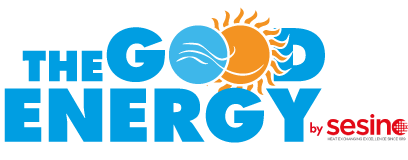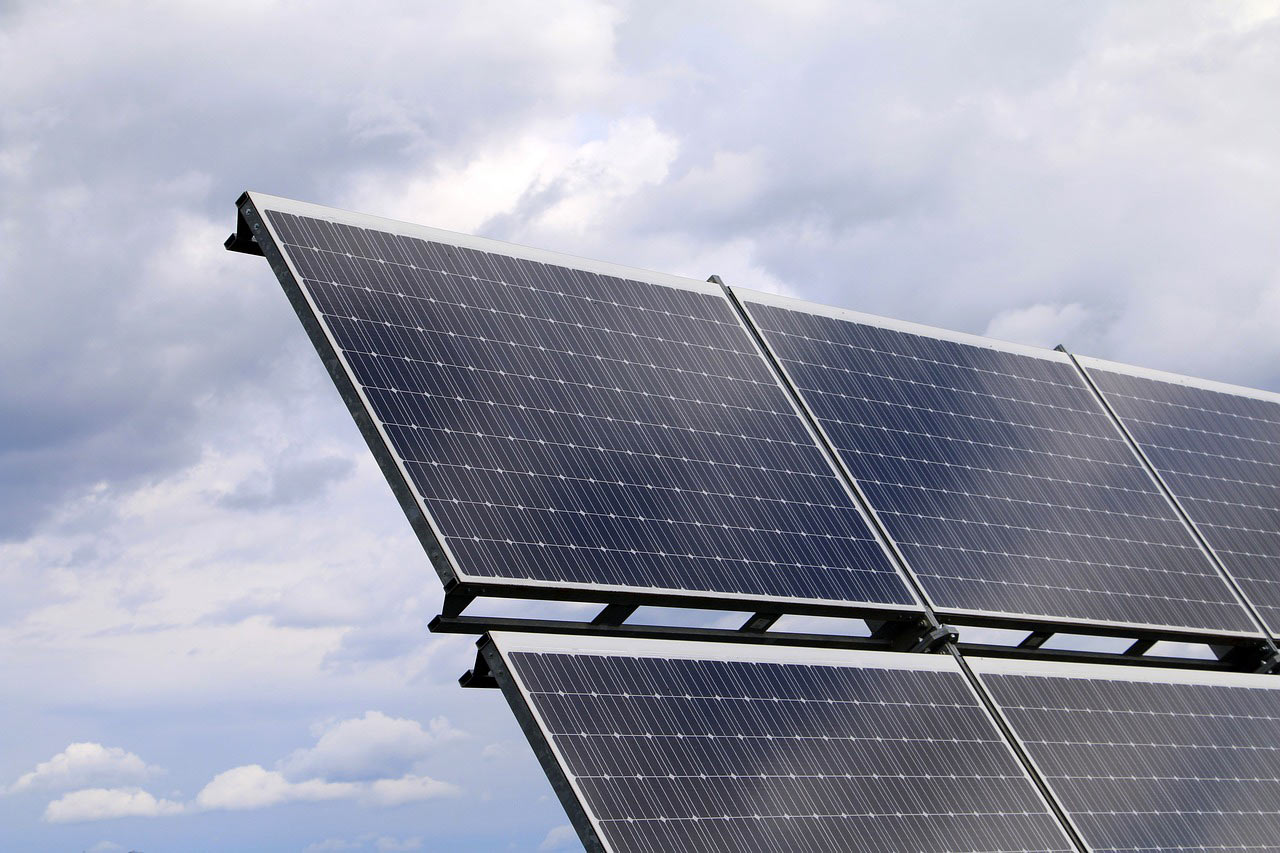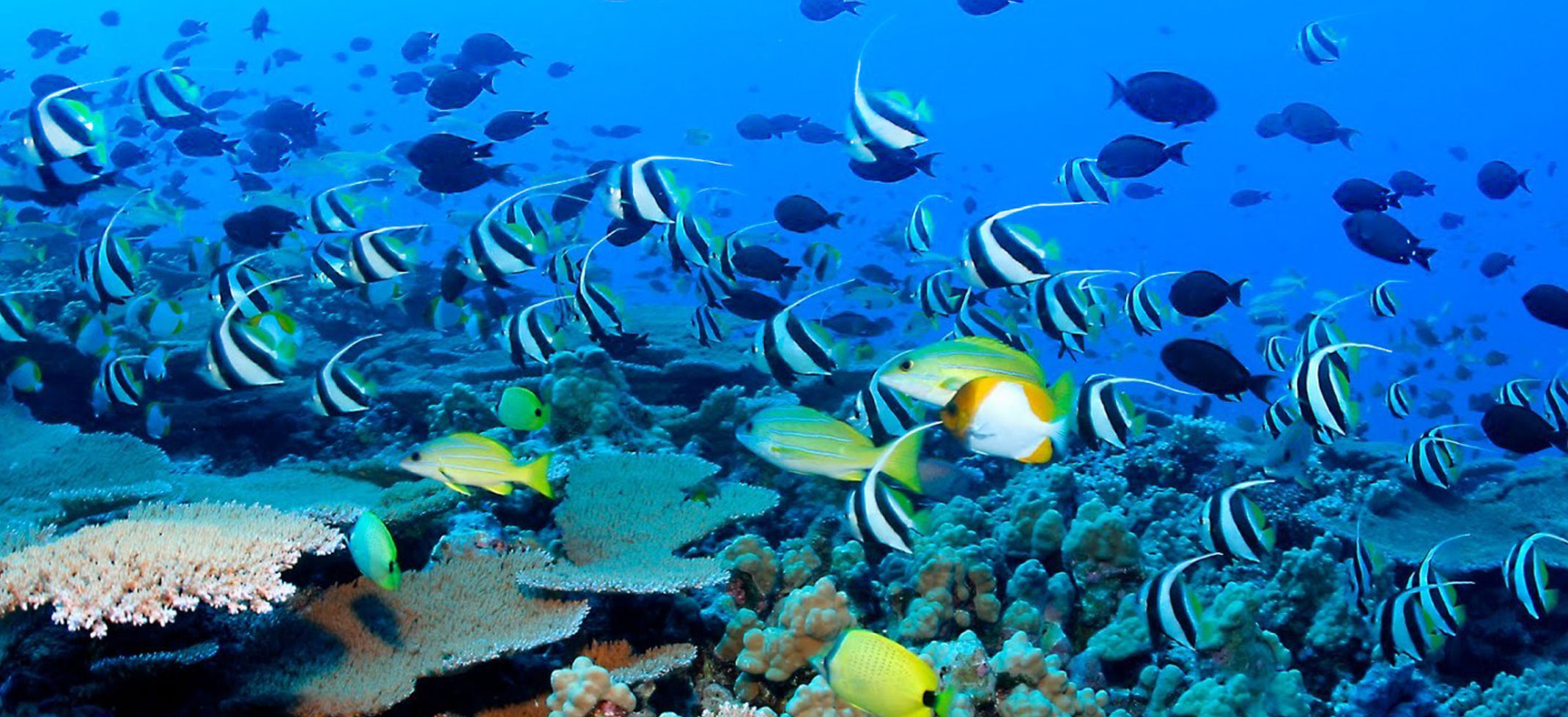Fishing and offshore oil and gas fields employ thousands and bring in billions of euro a year, while most raw materials and consumer goods are imported and exported by sea. In fact, the EU has the world’s largest merchant fleet; 90 % of foreign trade and 40 % of internal trade is seaborne.
The sustainable management of this marine environment is therefore a critical economic as well as environmental issue, and to be truly effective, international cooperation is required. For this reason, the EU-funded IMARINE project, has developed data infrastructure specifically designed to encourage cross-border and cross-sectoral collaboration in this field.
The IMARINE infrastructure works by providing an open access platform to relevant marine information and resources. This can be accessed quickly and effectively by numerous marine stakeholders such scientists, the fishing industry and environmental groups. Indeed, a key challenge that emerged from early IMARINE workshops was the need for greater global efforts – especially in fishing – to share information at the international level. Seamless access to data should lead to quicker, more informed decision making.
By interconnecting all these concerned sectors, the ultimate goal of IMARINE is to encourage what is known as an ecosystem approach to the marine environment. This approach aims to ensure that, despite variability, uncertainty and likely natural changes within the ecosystem, the capacity to produce food, revenue and employment is maintained for the benefit of both present and future generations. This will only be achieved through global collaboration among different parties, and the IMARINE data infrastructure is designed to facilitate this.
Buy MalegraFXT online
Buy Dostinex online
Buy Diflucan online






